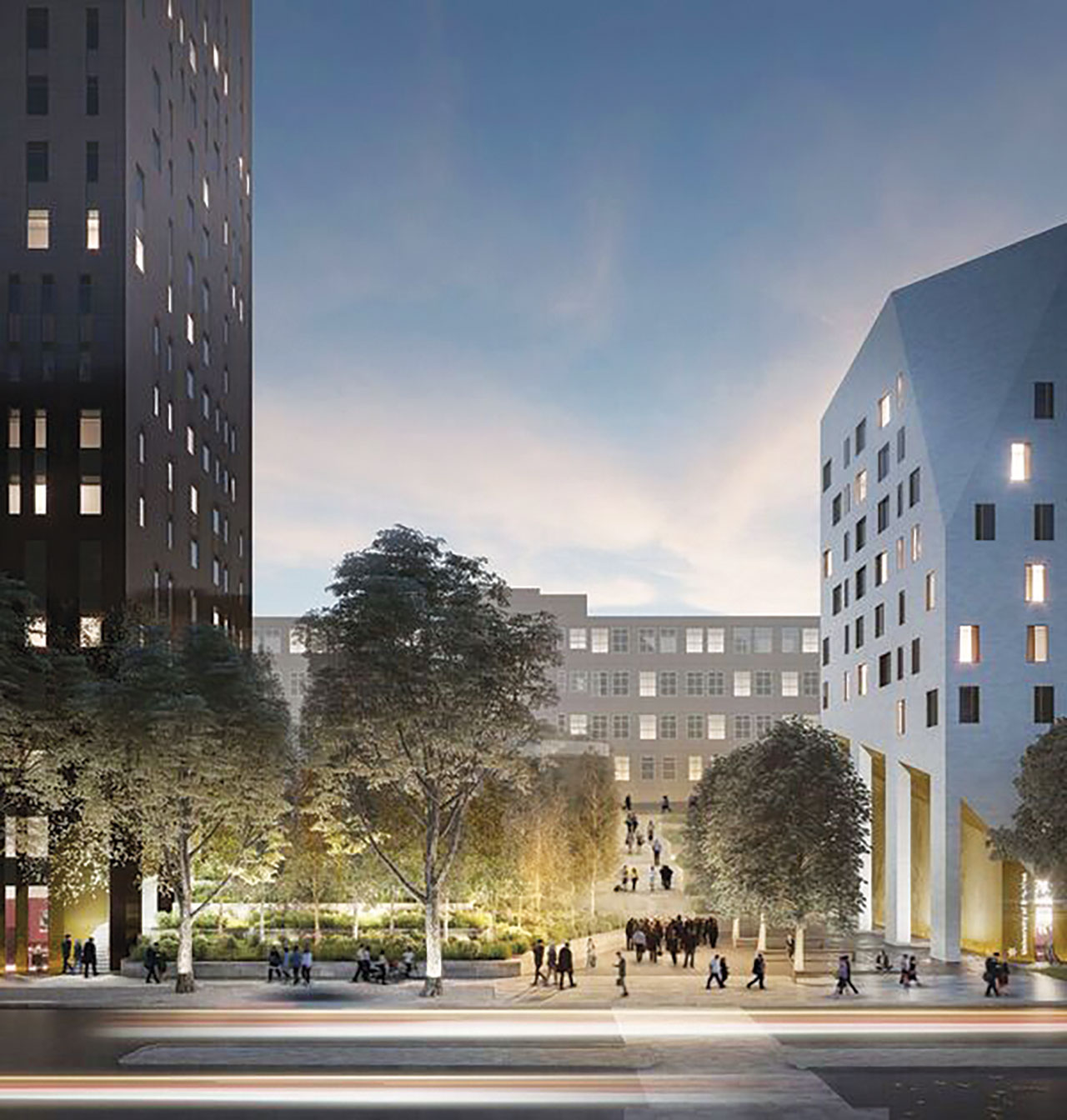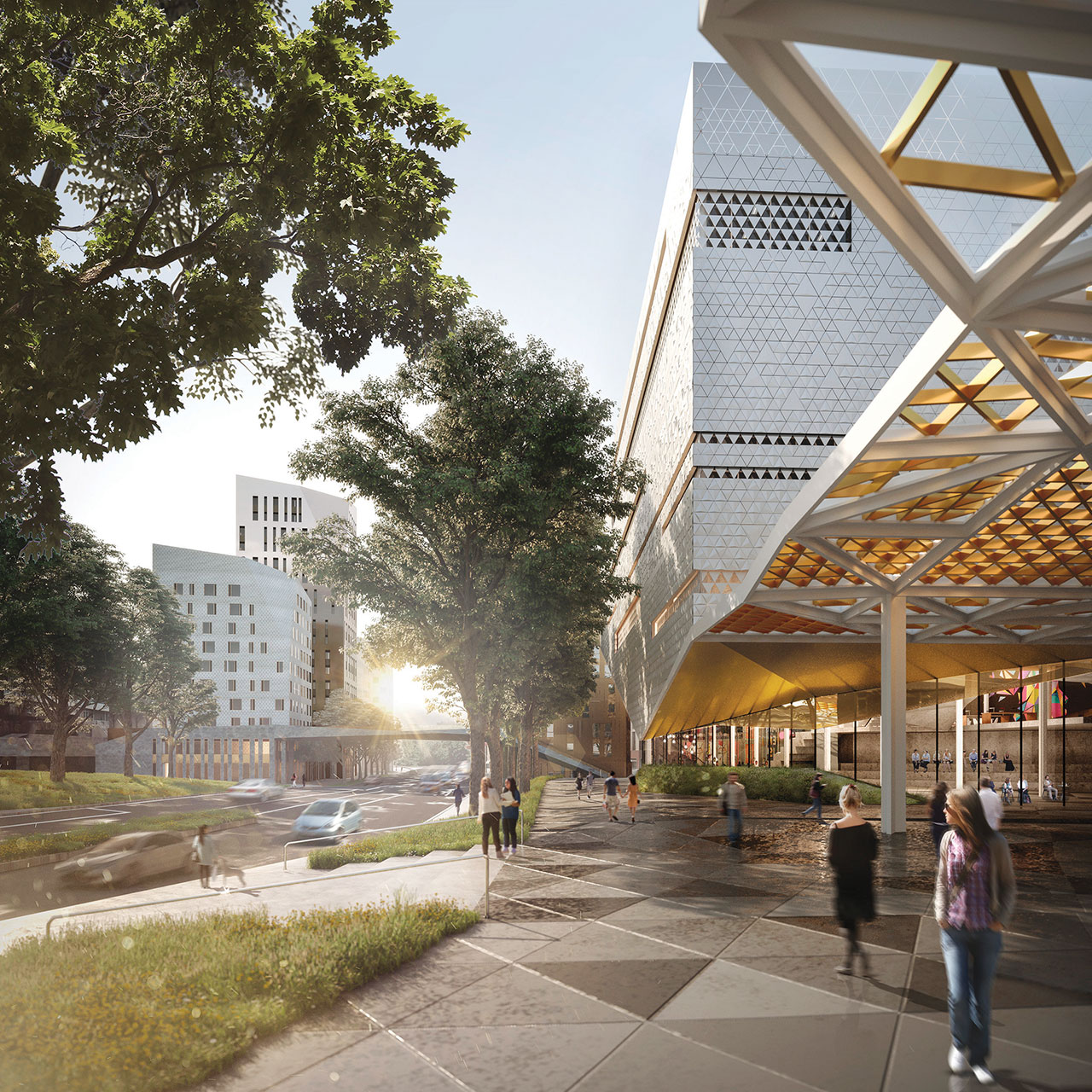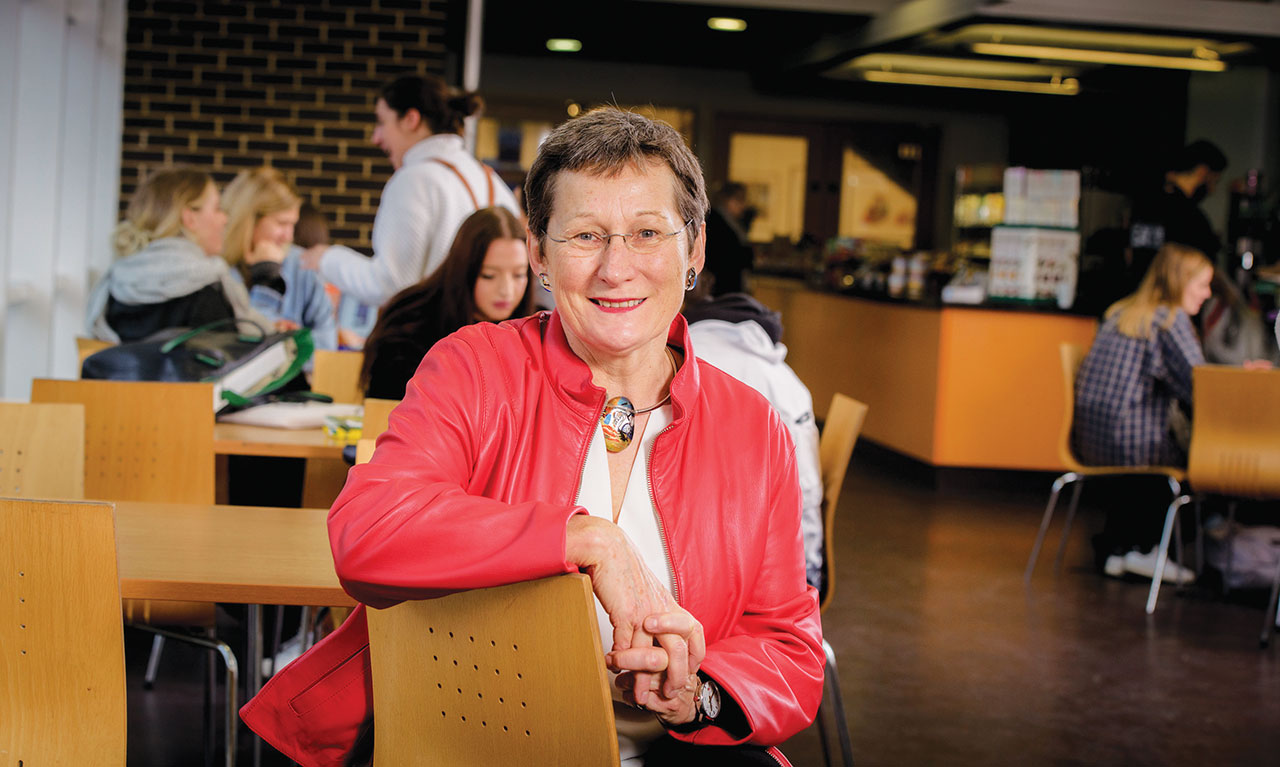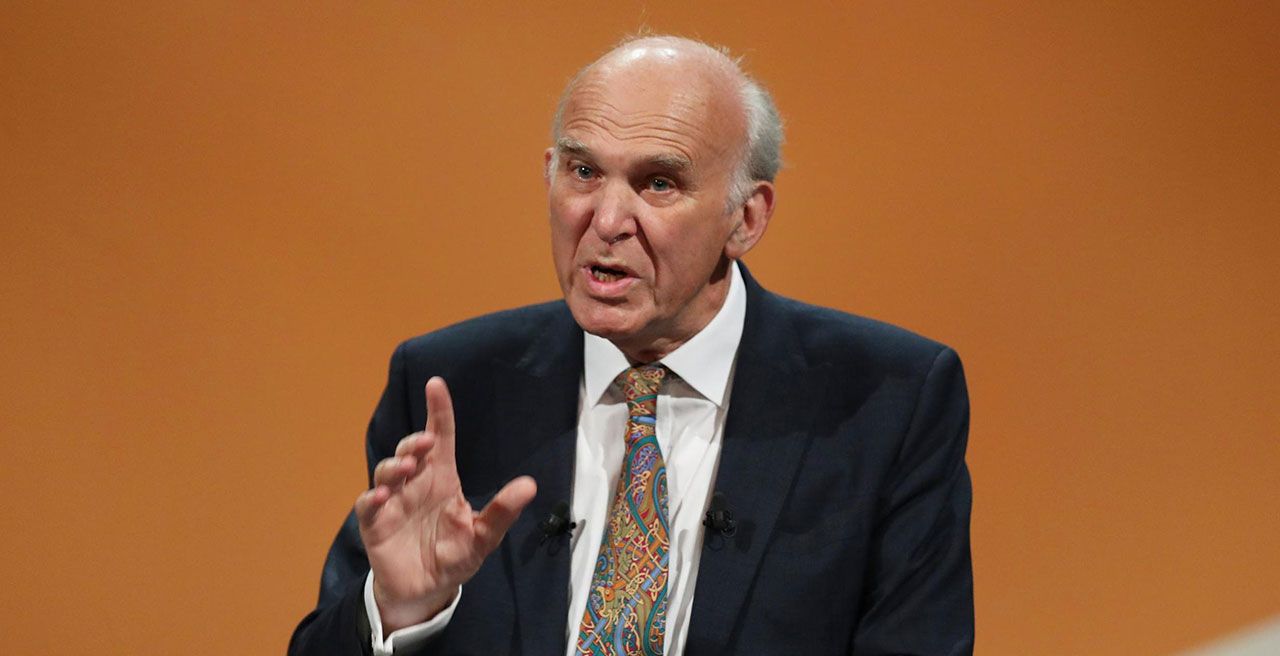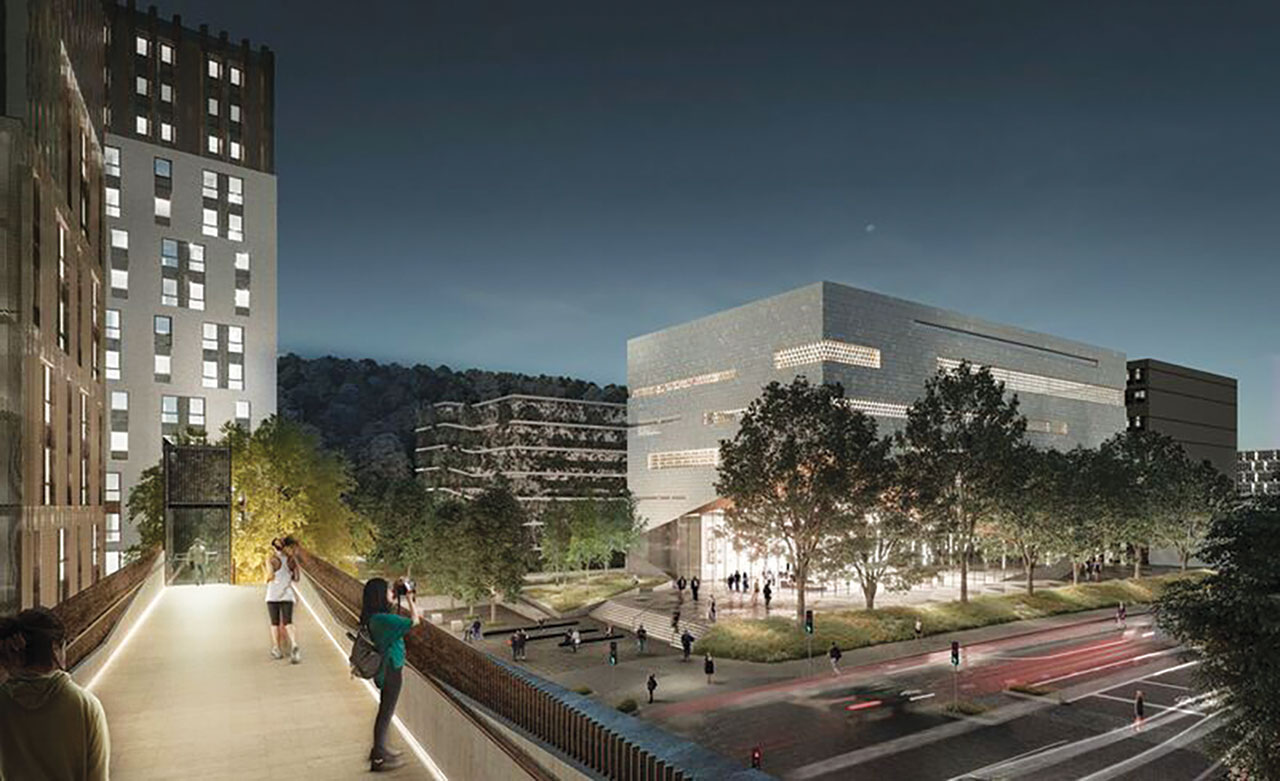
There are some locations in Brighton that have so much promise but never actually see anything delivered. Proposed developments at Black Rock, close to Brighton Marina, have been talked about for decades but nothing has happened. Preston Barracks, off the Lewes Road, has been another site of frustrated plans – but no longer. In September, planning permission was finally granted for the development of the site to include a major redevelopment of the University of Brighton’s Moulsecoomb campus.
The University’s Vice-Chancellor, Professor Debra Humphris, is understandably delighted about the news.
“It has taken nine long years of team work to get to this point. I sat through all six hours of the planning committee meeting as the council members, quite rightly, went through the details and listened to all views. We went to great lengths with our partners to ensure that our submission took account of concerns from local residents and stakeholders.
“Everybody has been of the view for the last 20-30 years that something needed to happen on this site. Now is the time. It is great to see something this ambitious happening in the city. I was delighted when the planning committee gave their unanimous support to what is probably the largest single development the city has seen for decades.
“As well as creating a whole new neighbourhood, with new housing, retail and public spaces the development will also provide much-needed student accommodation in new halls of residence. Very few universities are building their own student accommodation these days, so this represents a huge strategic investment in the future of our University.
“A new academic building will provide a state-of-the-art home for our Business School. But the first step will be to construct a new multi-storey car park so that the existing spaces can be freed up for building work. The whole campus development will be landscaped and we will be planting over 300 trees and growing foraging plants to provide a pleasant social environment and improve air quality.”
Now the development has received the green light, there is also the small matter of ensuring that the Business School lives up to its impressive new surroundings.
“We have launched the search for a new Head of Brighton Business School,” says Debra. “We have put together a focus group of businesspeople and academics who are working with us on the appointment. We want to find someone who has a clear sense of purpose and a mission to give the city the most amazing business school.”
“We want to build global connections as well, building on the fact that we attract students from all over the world. In fact we currently have students from around 97 countries. Recently, with the City, we hosted a delegation from Zhejiang Technology University in China.”
“I have also recently been to meet with the President of a university in Wenzhou, just south of Shanghai, which is a science-oriented university specialising in medicine,
pharmacy and life sciences. Again, they are looking to build a collaborative connection with us. I would like to see us develop a few key strategic relationships like this rather than pursuing multiple smaller connections.”
Brexit & Student Fees
Although the key focus of our discussion was to hear the latest about the University’s new development Debra was, as always, happy to touch on wider issues affecting higher education. Two issues in particular – student fees and Brexit – continue to loom large.
“The Higher Education sector generates an extraordinary level of income and prestige for the UK, both through students who come and study here and through research, knowledge and expertise being exported abroad. Our Higher Education sector is genuinely world-leading and other countries want to benefit from our research, teaching and creativity.
“A key question is how we as a country want to continue to invest in Higher Education and how we see its place in a knowledge-driven economy. We need a more knowledgeable workforce because we continue to move away from primary manufacturing. But how are we going to fund that? If government is reluctant to raise direct taxation then we have to look at other ways to raise the funding. But at the same time we want and need to see social mobility and to encourage wider participation. So any funding and payback mechanisms mustn’t disadvantage those from poorer households.
“I also feel that we need to look more widely and address the extraordinary underinvestment in Further Education which acts as a key bridge for many from school to work and from school to university. My colleagues in Further Education have had to deal with huge challenges.
“When it comes to Brexit, my absolute key concern is for my staff. We are fortunate to have fabulous colleagues at the University from all over Europe who are very happy here but nervous about the future. I don’t want to lose them and I want to continue to be able to attract the best talent from wherever they happen to be. To be prevented from doing so would be barking!
“UK universities are key players in EU research programmes and benefit hugely from the associated funding and collaborations. There are already indications that if we participate in research bids for projects that end after Brexit that there is no guarantee that they will be funded. European partners are beginning to have second thoughts about
having a UK university involved.
“I am also concerned about the Erasmus programme and student exchanges which give our students a better-informed and more global view of the world. There is also the issue of whether EU students will still be able to draw on student loans. So there are a number of factors in play all adding to the complexity of our relationships as Europeans.”
Vice-chancellor Salaries
Debra is also happy to share her views on another contentious issue, that of vice-chancellors’ salaries.
“There is a clear code within which Remuneration Committees and Boards of Governors have to operate. All of my pay package has been completely public from the day I started in post, the details are published on the University’s website. I don’t take any pension contributions or personal car allowance or any accommodation provision.
“I also forego the performance bonus I am awarded and instead direct it to benefit students and colleagues across the University. I have just completed a report on how I invested the £20,000 I was awarded last year in various projects. I also personally fund one of our Breakthrough Awards every year.
“I am responsible for running a £200 million pound organisation with 21,000 students and 2,500 staff. My salary is well below the sector average. But I fully understand the reaction to some of the revelations about VC salaries elsewhere.
“It is a great privilege to be a vice chancellor. I have to lead and manage a large and complex organisation through a lot of tricky and challenging things, but I also get to experience some fantastic moments. For instance, we recently landed a major RCUK research project on translating research into meaningful public engagement.
“But most importantly I get to see our hugely talented students going off to do great things and to make a real difference in the world."
THE PRESTON BARRACKS REGENERATION SCHEME
Redevelopment of Preston Barracks and University of Brighton Moulsecoomb campus:
This £300 million scheme on the Lewes Road is part of a wider regeneration project involving neighbouring University land, which aims to transform this part of Brighton.
The current plans for the redevelopment of the Preston Barracks site started in July 2014. At that time, the council exchanged contracts with the University of Brighton and developers U+I Plc (formerly Cathedral Group (Holdings) Ltd & Development Securities PLC).
The partners then developed detailed plans in a process that included a number of public consultation events. The regeneration scheme took a huge step forward in September 2017 when planning consent was granted.
The comprehensive redevelopment will deliver new employment space in the form of the ‘Central Research Laboratory’, a commercial building for start-ups and SME’s in the high-tech manufacturing sector; 369 quality new homes; new university academic space; student accommodation with 1,338 bedrooms; and associated ancillary development including a modest amount of retail space.
The proposals cover the former Preston Barracks site and the University of Brighton's Mithras and Watts car park sites on the Moulsecoomb campus; a total area of some 4 hectares.
Subject to completion of legal agreements, the first phase of construction is due to start in the spring of 2018.
The Preston Barracks site, owned by the council, is on the main Lewes Road, an 'urban gateway' to the city from the 'Academic Corridor' (Brighton and Sussex Universities).
Since 2009, the council had been working in partnership with the University of Brighton to explore wider development opportunities that included the former barracks site alongside adjacent university land. This effectively doubled the area of developable land, offering the prospect of a more integrated and comprehensive development.
This is an edited summary of scheme adapted from the Brighton & Hove City Council Website



